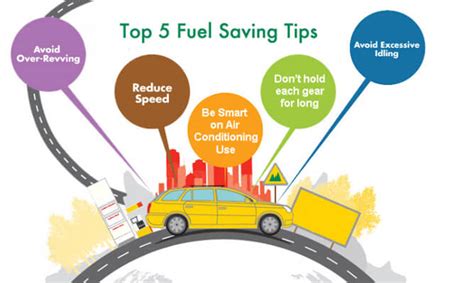Understanding Octane: The Heart of Fuel Choice
The gas station pump often presents a perplexing choice: regular, mid-grade, and premium. For many drivers, the allure of premium fuel—often marketed with promises of better performance or a cleaner engine—is strong. But does paying extra for higher octane gasoline actually benefit your car, or is it just a costly habit? Let’s decode the science and save your wallet.
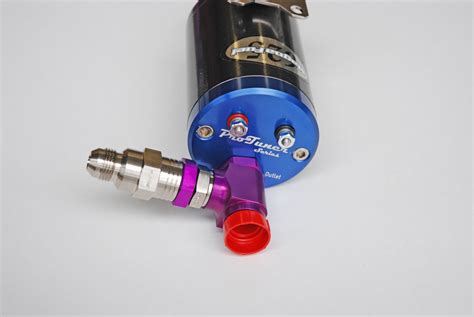
What Octane Rating Really Means
Octane isn’t a measure of energy content or purity; it’s a measure of a fuel’s resistance to “knock” or pre-ignition. When fuel and air are compressed in an engine cylinder, they can ignite prematurely before the spark plug fires. This uncontrolled combustion, known as knocking, creates a metallic pinging sound and can cause serious engine damage over time. Higher octane fuels are more stable and resist this premature ignition, allowing the engine’s timing to be more advanced for optimal power and efficiency.
When Premium Fuel is a Must (and When It’s Not)
The most important factor in determining if your car needs premium fuel is its manufacturer’s recommendation. Check your owner’s manual or the fuel door inside your car:
- “Premium Fuel REQUIRED”: If your car’s manual states this, then using anything less can lead to engine knocking, reduced performance, and long-term damage. These engines are specifically designed with higher compression ratios or forced induction (turbochargers/superchargers) that necessitate the knock resistance of premium fuel.
- “Premium Fuel RECOMMENDED”: In this case, your car’s engine control unit (ECU) can adjust its timing to run on regular gasoline without damage. However, you might experience a slight decrease in horsepower and fuel efficiency. Using premium will allow the engine to operate at its peak designed performance.
- “Regular Unleaded Fuel”: If your manual specifies regular unleaded, there is absolutely no benefit to using premium fuel. Your engine is not designed to take advantage of the higher octane, and you will simply be wasting money. The ECU won’t be able to advance timing further, so you won’t gain performance or efficiency.
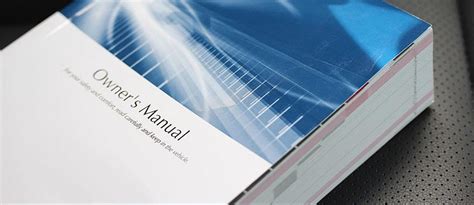
Common Myths About Premium Fuel
Myth 1: Premium Fuel Cleans Your Engine Better
All gasoline, regardless of octane level, contains detergents designed to keep your engine’s fuel system clean. There’s no special cleaning additive in premium fuel that isn’t present in regular or mid-grade. The EPA mandates minimum detergent levels for all gasoline sold in the U.S.
Myth 2: Premium Fuel Gives All Cars Better Gas Mileage
This is generally false for cars designed for regular fuel. As explained, if your car doesn’t require or recommend premium, its engine is tuned for lower octane. Using premium won’t magically improve its efficiency because the engine can’t optimize for it.
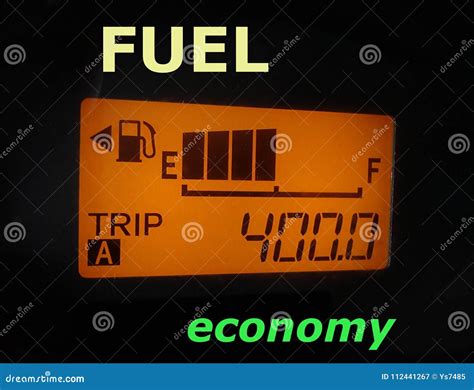
Myth 3: Using Premium Extends Engine Life for Any Car
If your car requires premium, then using it will protect your engine from knock-related damage, thereby preserving its life. However, if your car runs perfectly well on regular, then premium offers no additional protection and won’t extend its life. In fact, consistently running a regular-fuel-designed engine on premium is simply a waste of money that could be better spent on other maintenance.
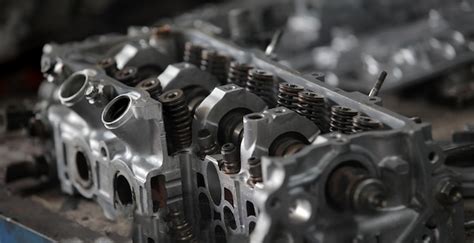
Maximizing Savings & Engine Life: The Smart Fuel Choice
The key to maximizing both your savings and your engine’s longevity is simple: use the fuel recommended by your car’s manufacturer.
- If your car requires premium: Always use it. Skimping here will cost you more in repairs and reduced performance in the long run.
- If your car recommends premium but permits regular: You have a choice. For peak performance and slightly better efficiency (often marginal), use premium. For maximum savings, regular is perfectly fine, and your engine will adapt. Consider experimenting to see if you notice a significant difference in driving feel or fuel economy.
- If your car runs on regular: Stick with regular. You gain nothing by upgrading, and you’ll save hundreds of dollars a year.

Conclusion: Fuel Your Car Wisely
The premium fuel dilemma is less complicated than it seems. Octane rating is a scientific measure designed to prevent engine knock in high-performance engines, not a universal upgrade for all vehicles. By consulting your owner’s manual and understanding your car’s specific needs, you can make an informed decision that saves you money without compromising your vehicle’s health or performance. Drive smart, not just expensive.
